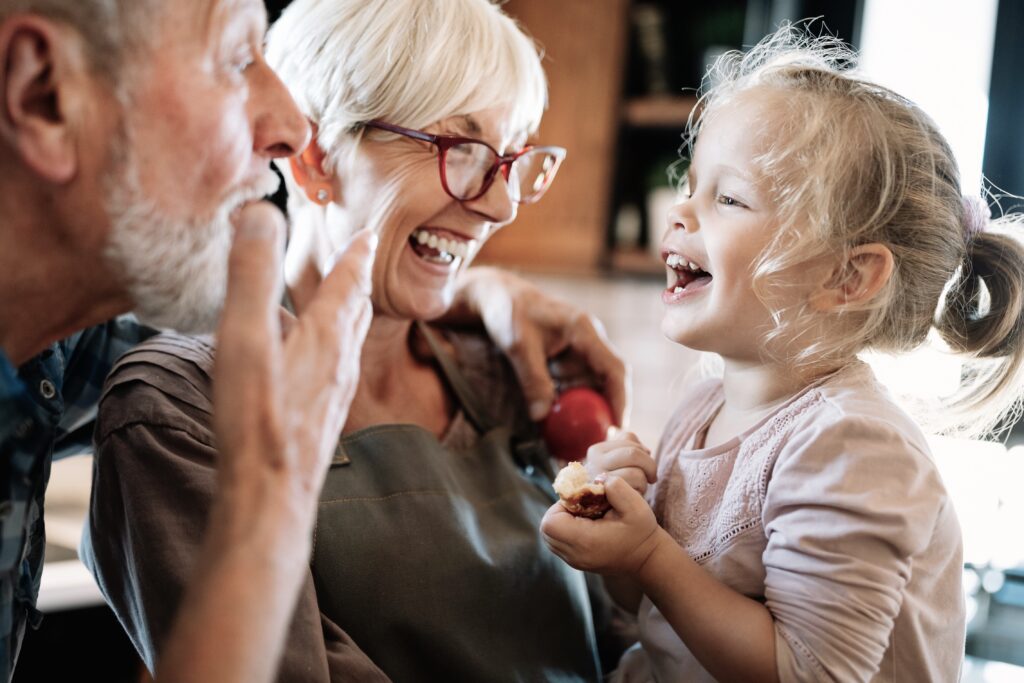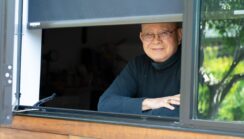By Dr. James Mittelberger, MD, MPH

Since March 2020, we stayed at home, stayed away from friends and family, and stayed away from people in general. We did it to survive the COVID-19 virus and we did it to keep ourselves and loved ones healthy and alive. But vaccines do make a dramatic difference and provide strong protection against all the known variants of the coronavirus. When you are vaccinated, it is time to strongly consider getting back out into the world, to shed the loneliness, and get reengaged with what you love.
Prolonged Loneliness is Equivalent to Smoking 15 Cigarettes a Day
Social distancing and isolation have greatly impacted our lives and may have been especially devastating for seniors. Numerous studies show prolonged or chronic loneliness affects health as much as smoking 15 cigarettes a day. It also increases the risk of early death by 50 percent.
Social isolation and loneliness are linked to higher risks for a variety of physical and mental conditions including coronary heart disease, stroke, high blood pressure, frailty, cognitive decline, dementia, suicide, poor sleep, lowered immune function, and lowered self-esteem. Social isolation increases the risk of depression and anxiety, which can be difficult to overcome, especially for older adults.
There are two types of loneliness. Social loneliness is missing a wider social network. Emotional loneliness is missing an intimate relationship. Both can result in feeling distressed or anxious due to a lack of connection with others when you need or want that connection. During the pandemic, it is very possible you felt both types of loneliness much of the time.
Many people are feeling high levels of anxiety as they think about returning to a pre- COVID-19 life. It is important to assess our personal comfort levels to be social again. Seniors might be afraid of crowded places, careless behavior, or insensitive remarks about still wearing a face mask. While your friends might be jumping for joy to hug you again, you might want to keep doing elbow bumps.
Take Baby Steps, But See Vaccinated Friends in Person Again
It is vital to become social again for many aspects of our health and well-being Psychology experts recommend taking baby steps as you think about reintegrating back into social situations and gatherings. Baby steps start with acknowledging fears and anxiety. Explore what specifically is causing the anxiety. Is it fear of being overwhelmed, or feeling rusty at social face-to-face interactions?
Journal writing can really help clarify your emotions and thoughts. Spend the time understanding yourself. Figure out what your baseline is and go from there.
If you are older and this past year has taken a big toll on you, think about which type of loneliness you would like to address first. If social loneliness, consider reintegrating with a book club, a recreational sports team or enjoying an outdoor lunch with a small group of friends. If emotional loneliness, reach out to your most important relationships and start setting up get-togethers. Many seniors deeply missed seeing and hugging their grandchildren. Inviting them over for an afternoon would be a wonderful way to reintegrate.
Invite one person you would love to visit, even if it is for an hour or two. Take advantage of the beautiful summer weather by meeting outdoors if that feels safer to you. By addressing a certain type of loneliness first, you can slowly rebuild your social muscles.
Set Your Own Pace
You get to decide what your pace is and having control over that will calm the anxiety. It’s okay to be selective about which social invitations to extend, accept or negotiate. Even if you had a full calendar before the pandemic, you may find having less is actually more. Think about which social interactions make you smile and which ones you dread. Choose those activities that enrich you, fulfill your soul, and bring you joy.
Show Yourself and Others Grace and Respect
Now more than ever, it is vital to show grace and respect for yourself and for others. Questions about your pace of reintegration might feel like criticism but consider the person asking is probably more curious than anything. Ask why they are questioning before answering. By showing curiosity, grace, and respect, it’s likely to be an engaging conversation instead of an argument.
It’s perfectly alright to take your time; there is no rush or a deadline to meet. Even 10-minute conversations will make a difference in rebuilding those social muscles. And soon, you will find yourself enjoying being with people once again.
James Mittelberger, MD, MPH, is a Clinical Professor of Medicine at UCSF School of Medicine and is board certified in Internal Medicine, Geriatrics, and Hospice & Palliative Medicine. He is the Chief Medical Officer at Center for Elders’ Independence, which offers all-inclusive PACE senior healthcare at its newest location in Concord.

